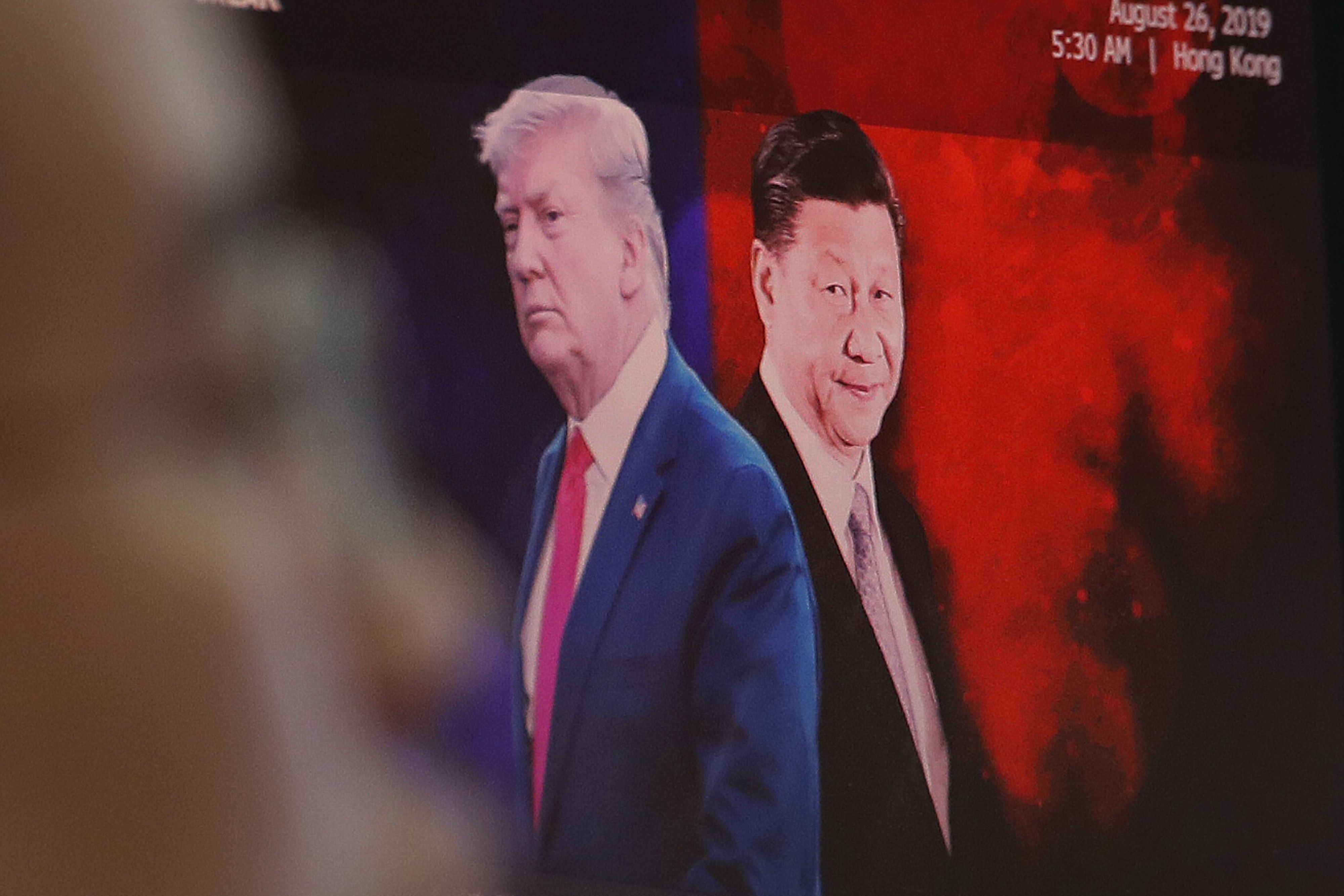People may know what is meant by the War of the Currents, or sometimes called the battle of the currents. It was a series of events surrounding the introduction of competing electric power transmission systems, of George Westinghouse and Thomas Edison, in the late 19th century. As the use of the Westinghouse product spread rapidly, Edison claimed that their system was hazardous and infringing on his patents. Edison subsequently colluded with others to limit the use of Westinghouse offerings.
Two systems clashing… Remind us of something? It sounds to me there are some Edisonesque features in the current White House and some of Westinghouse’s in the Politburo. It is not about the battle of power standards but the war of the economic systems. It has so far been disguised as what we commonly call the trade war, but in effect, it is much broader than that. Washington’s predominance is endangered by the inevitable rise of China, and America is colluding with the rest of the globe to contain it.
The main grievance America has is not how many soybeans China is willing to import. It is Beijing’s subsidies and support for state-owned and other strategically important enterprises. Huawei is the case in point. A massive and disciplined investment program has enabled the company to create 5G network equipment that is second to none. Not only does this anger the Washington establishment, but it challenges America’s global tech leadership and gradually puts the concept of its hegemony in question.
Criticism by the West-at-large is that China’s state-sponsored industrial policy and subsidies for both government-owned and private enterprises distort markets. The critics are also concerned that Beijing has not sufficiently committed to reform the state sector in a way that would give the private sector a larger role and foreign companies more access. While Beijing has cut the total number of companies under central government control, the assets of state firms are becoming greater through consolidation.
At the same time, Beijing insists China has followed the transparency principles on subsidies set out by the WTO and submitted thousands of notifications. In other words, Beijing is using the system as it presents itself. It’s like Donald Trump justifying to pay little or no taxes, as alleged, by saying he like any other citizen has been using the US tax code to his advantage. Is the WTO in need of reform? Probably, as the world changes rapidly, but I guess it’s nonsense to blame China adhering to the rules as they stand.
And we always have to see through the hypocrisy going around the accusers. Talking about government influence on industries and businesses… Have we not all just been the witness of an excellent piece of that in America? Can we be surprised that Amazon isn’t walking away without a fight on the award of the 10 billion dollar JEDI, or Joint Enterprise Defense Infrastructure program, cloud contract that will ultimately see all military branches sharing information helped by artificial intelligence?
Amazon was widely expected to win, reportedly due to its unique technology. Even Microsoft didn’t have a statement ready when the decision was announced in their favour. Didn’t they themselves not count on winning…? No doubt Microsoft have a great offering, and the company wasn’t Amazon’s only rival in the final bidding for nothing. But the appearance of unfair proceedings had cast a long shadow for the better part of the process.
There is the fact that the president had previously told reporters that the JEDI contract award should be investigated. The Pentagon had subsequently delayed awarding the contract, saying that the process would have to be reviewed by defence secretary Mark Esper, newly appointed by Trump. However, Esper recused himself because his son was employed by one of the original bidders, while Trump repeatedly lashed out at Amazon and founder Jeff Bezos.
The president has continuously been taking issue with the Washington Post’s critical reporting of him. Bezos happens to own the Post and has since become a political target. I think it’s fair to say that the two men hate each others’ guts, and Trump’s aggressive rhetoric in public, as well as his last-minute intervention to review the decision blatantly, points at political interference. So, while this may not be comparable with Chinese state sponsorship, where is the ever so often touted transparent nature in that?
As I have claimed numerous times before, America may have no choice but go back to a similar state-sponsored model that they themselves entertained in the 1970/80s in order to retain its tech competitiveness in the future. Back then, the government poured billions into the defence sector that built the platforms that private enterprises were thriving on and established America’s lead in high tech. Maybe the Chinese have learned from what had worked so formidably on the other side of the planet.
In any case, the war of the currents projected on today’s US-Chinese conflict will carry on – very probably not only carry on for now and during Trump’s re-election campaign but ratchet up once the US elections are out of the way. Whoever will be the next president, there is one item on the geopolitical agenda the two aisles of Washington’s establishment see eye to eye on, and that is China’s threat to American predominance. The war of the currents will likely transition into a war of the systems from 2021.
